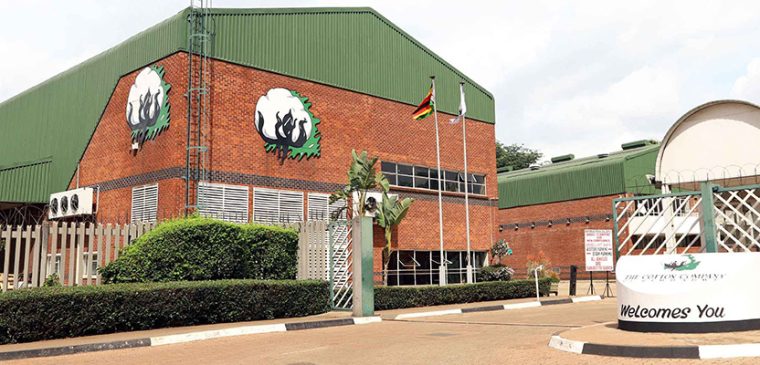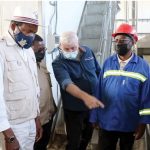I worked for a State Owned entity for over 20 years, rising from a lowly economist to Chief Economist and then CEO of two major SOE’s. During my years as an economist, the Board of the organisation I worked for was a combination of a number of outstanding individuals. I think we could have matched that Board against any other group of a similar nature, anywhere in the world. We were responsible for about US$3 billion in annual sales, employed 25 000 people and generated perhaps a quarter of our national foreign exchange receipts. We operated under one of the harshest sanctions regimes ever adopted, imposed by the Security Council of the UN and backed by the Royal Navy which blockaded our main Ports. Despite all of that, we thrived. Looking back, I now appreciate the expertise and enterprise of those men who worked for very little. There was some corruption but it was negligible.
Then when I moved to management and was appointed CEO of a large division, employing 3 500 people and serving all households and retail stores in Zimbabwe on a daily basis. We had to overcome sanctions, isolation, the inability to transfer funds and buy essential inputs and spares. Our farmers were fighting a bush war and were themselves under constant pressure, yet we survived and even thrived. The key, a dedicated Board of Directors who knew the industry and were all, themselves, successful and self-made people. My staff were all selected on merit and were required to operate without corruption and to meet the high standards demanded and the targets set in their budgets.
I was able to select and train my successors and when the time came for me to leave, I was able to leave behind a team that I had every confidence would maintain the organisation and its standards.
My next job was with a larger division – over 5000 staff and a major export program. In the middle of a drought and a management crisis. A much tougher assignment but we were able to maintain our activities, even expand our market reach and support one of the largest businesses of its kind in Africa. It was a profound experience and we had a great time. Today that organisation is bankrupt, its industry base less than a third of what it was and the basic suppliers are either out of business or suffering under a much diminished regime.
How does this happen? What are the remedies?
We need to accept that the main mistake we have made since Independence is that we have appointed Boards of Directors of these major State Owned Enterprises (SOE’s) and management on a political patronage basis. Ministers, representing the shareholders, viewed these enterprises as cash cows. If they needed something not provided for in their budgets, they called the Chairman or the CEO. Often this led to manipulation of the accounts or the audit at the year end. It was not long before the rot set in and the whole management structure, built up over many years, collapsed and the SOE with it.
Continued next page
(228 VIEWS)


